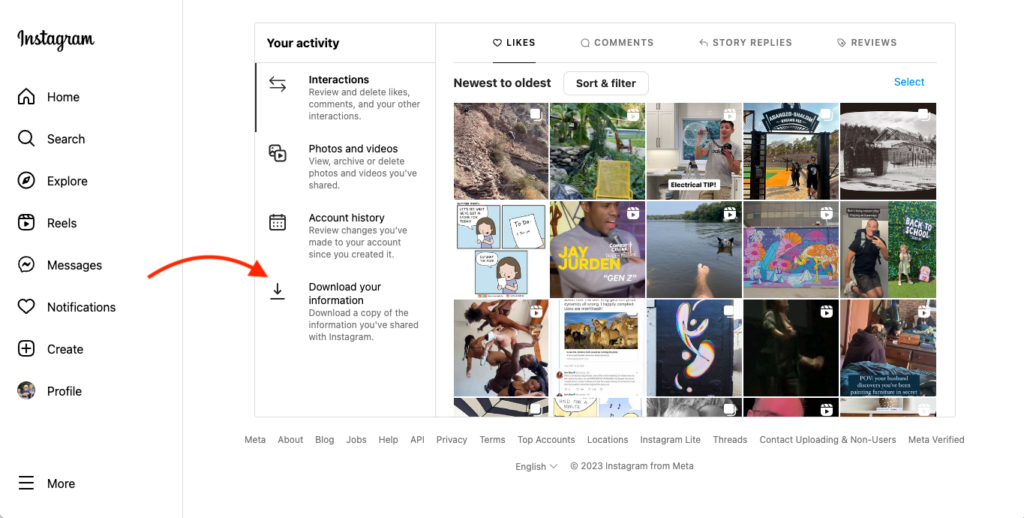Now Reading: The Hidden Truth Behind “Self-Love” Influencers
-
01
The Hidden Truth Behind “Self-Love” Influencers
The Hidden Truth Behind “Self-Love” Influencers

Self-love influencers have gained immense popularity on social media, promoting confidence, positivity, and personal growth. In Tier 2 cities across India, their messages resonate with young audiences seeking guidance and inspiration. But behind curated posts and motivational captions lies a more complex reality. Many influencers balance genuine advice with branding, sponsorships, and the pressure to maintain a flawless online persona, which can distort the very message they promote.
One concern is commercialization. While promoting self-care is valuable, many influencers tie their content to products, courses, or paid collaborations. This can turn personal growth advice into marketing, blurring the line between genuine guidance and profit-driven motives.
Another issue is curated perfection. Influencers often share only highlights of their journeys, struggles, or achievements. Followers may compare themselves to these idealized versions, feeling inadequate rather than empowered. In smaller cities, where access to diverse role models is limited, this effect can be magnified.
The constant focus on appearance and positivity can also create unrealistic expectations. True self-love involves facing flaws, failures, and emotions honestly, which is often overshadowed by overly polished content designed to attract engagement and admiration.
Ultimately, while self-love influencers can inspire, it’s important to approach their content critically. Real personal growth comes from reflection, consistency, and authentic effort, not just online motivation or carefully curated portrayals.

























